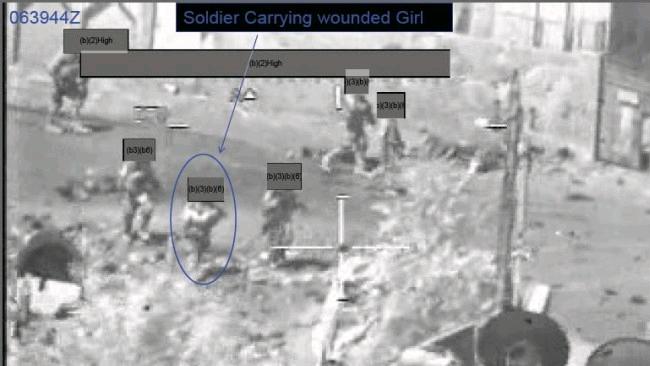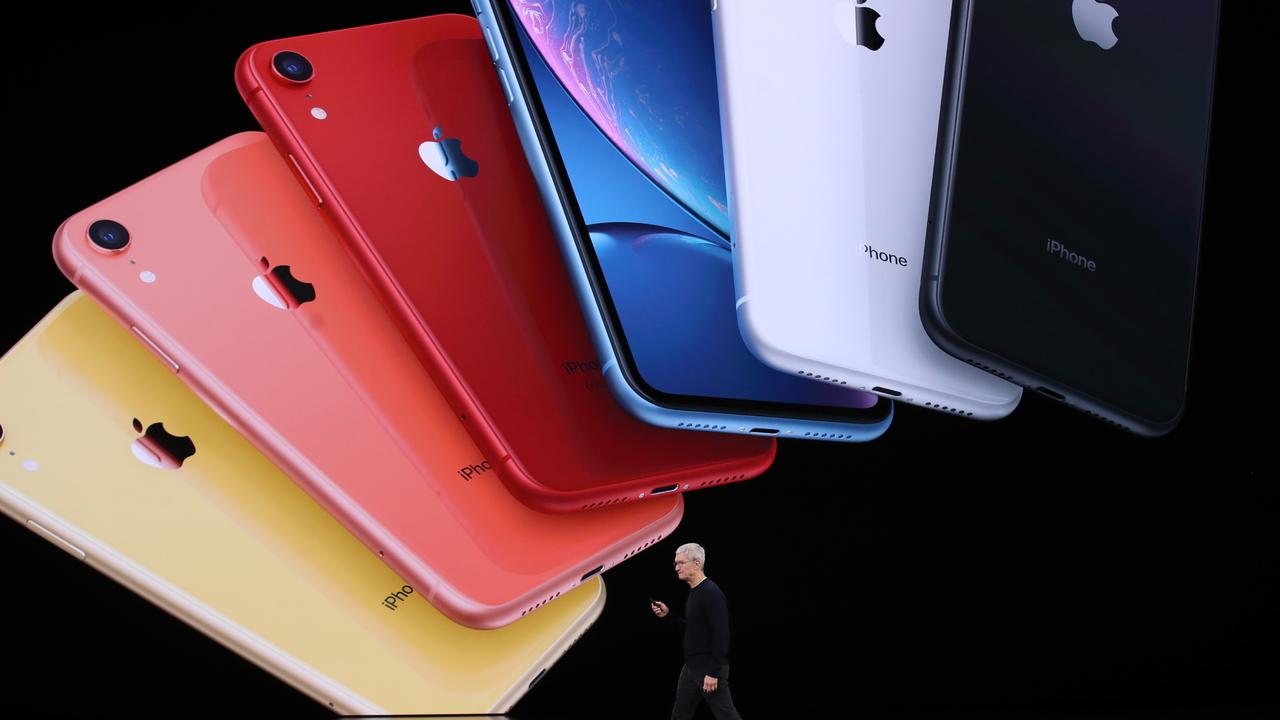Wikileaks founder Julian Assange adamant his site broke Collateral Murder encryption
WIKILEAKS founder says media needs to stop worshipping the iPad and Apple's content.

APPLE needs to be held accountable for it censorship practices.
It was Wikileaks that broke the encryption on the Collateral Murder video.
And in case you were wondering, the world's most famous whistleblower website is not run by the CIA.
In a wide-ranging online discussion on SBS's Dateline forum, the public face of Wikileaks, Julian Assange, gave a fascinating insight into what drove him to dedicate this current stage in his life to the website that has the world's governments on all sides of the political spectrum watching.
Assange, the Melbourne-raised self-taught journalist who is rapidly shedding his "shadowy" status, is in Australia... just.
For a brief moment at Melbourne Airport, he had his passport confiscated, then returned, then warned he would "lose it soon".
He wasn't particularly surprised by the treatment, as from where he sees it from his ever-shifting home base, Australia is showing worrying signs of growing oppression, at least in the freedom of information sense.
The most notable example, Assange told Dateline's forum members, came in the form of the proposed internet filter currently under consideration by the current supposed "non-conservative" Australian Government.
WikiLeaks led the charge against Australia's Communications Minister Stephen Conroy last year, publishing a leaked "blacklist" of websites which were likely to be banned outright under the coming legislation.
He said such moves by the Government were not just damaging for the Australian people, as it was being used by other countreis to justify much harsher oppressive measures.
"How can we say China is wrong to have a national censorship system, the "great firewall of China", for what they say is reasons of "national security" when we say having one for mere porn is justified," he said.
"Australian democracy is sleeping with a loaded gun if it has a centralised, automated, mandatory national censorship system."
Assange said he believed the situation was not hopeless, however, and urged citizens to "fight the good fight" to turn a situation on the threshold which "could go either way".
And it wasn't just governments in his sights.
Assange made a point of singling out Apple in particular as a company which needed to take more responsibility for encouraging freedom of speech.
Recently, Apple has come under increasing scrutiny for censoring content viewable on it iPad, a produt it calls "revolutionary".
Concerns have been raised over the process by which apps can be classified as suitable for viewing on the iPad.
Apple was forced last month to re-examine an application it had rejected - on the grounds it contained objectionable content - by US political cartoonist Mark Fiore.
It admitted it had erred in rejecting the app - but only after Fiore had won a Pulitzer Prize for his work.
"Centralised distribution by Apple of journalistic content, according to US laws and Apple's profits, is obviously a journalistic own-goal," Assange said.
"Journalists should stop slavishly promoting the iPad."
As to his own site, Assange said he hadn't yet come across a leak that he felt shouldn't be published, but admitted he would give it thought if there was a chance its outing could cause more harm than good.
Forum members grilled him about his ambitions, with several calling for him to enter politics, but Assange said he had at least two more years with WikiLeaks.
"It is the media that controls the boundaries of what is politically permissible, so better to change the media," he said.
He hoped one day to see a fundamental change in journalism, with news online presented in its raw form, allowing the audience to "inspect all angles".
"Profit motives work against it, but if we can have the audience understand that most other forms of journalism are not credible, then it may be a forced move."
Read the full transcript of Julian Assange's conversation at the Dateline website



